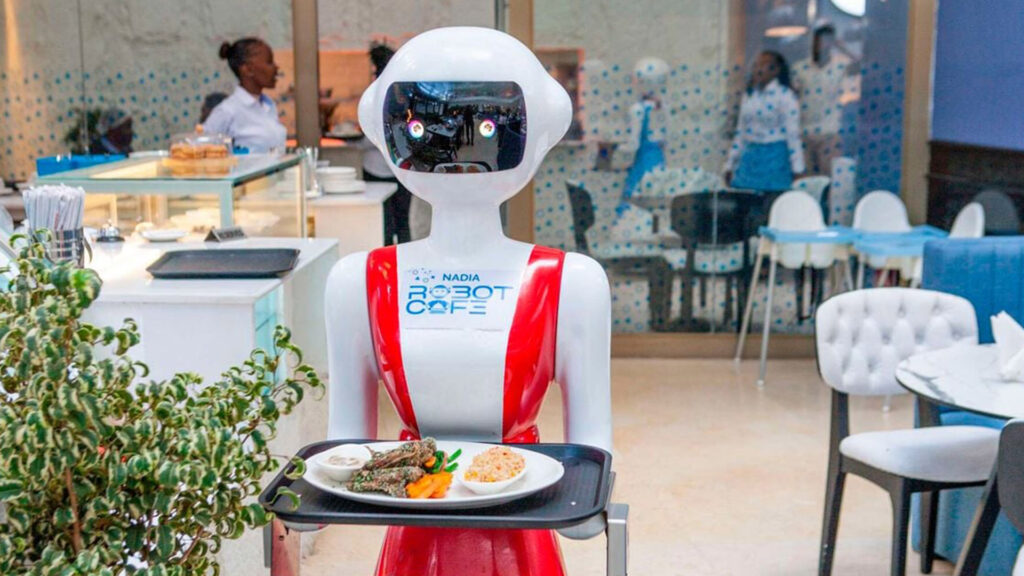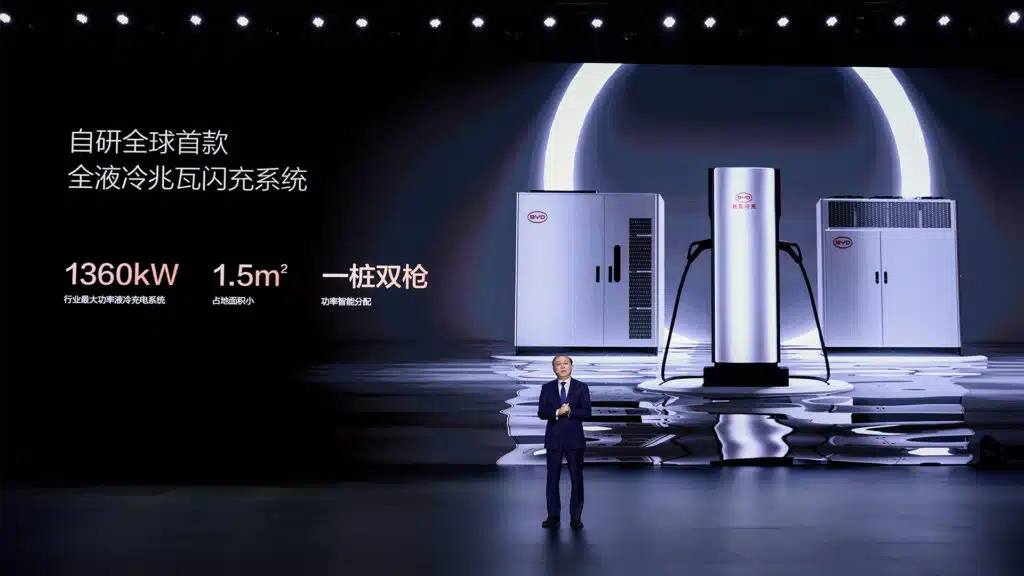In the bustling city of Nairobi, a new dining experience is capturing the attention of locals and tourists alike. The Robot Café, which opened just two months ago, is making waves as the first establishment in East Africa to employ robot waitresses.
This innovative approach to service delivery is not just a novelty but a glimpse into the future of hospitality in Africa. As the world increasingly embraces automation, the Robot Café offers a unique blend of tradition and technology, serving as a symbol of progress in the continent’s dining scene.
Highlights
- Innovation in Dining: Nairobi’s robot café introduces Africa’s first robot waitresses, sparking excitement and curiosity among customers.
- Technology vs. Employment: While the use of robots raises concerns about job displacement, experts argue that it enhances service efficiency without replacing human workers.
- Future of Hospitality: As automation grows, the industry must adapt, incorporating technology training into hospitality education to prepare the workforce for the future.
The Robot Café Experience
At the heart of this futuristic café are three robot waitresses, including Nadia, who has quickly become a favorite among customers. These robots are not only responsible for serving food but also engage in entertaining activities, such as singing “Happy Birthday” to guests.
This level of interaction, while still in its early stages, showcases the potential of robotic technology in enhancing the dining experience.
Customers, who visited the café with his family, expressed their excitement about witnessing such advanced technology in Africa. While there are still areas for improvement, particularly in making the robots more interactive, the café’s launch represents a significant first step toward integrating automation in everyday life.

The Economic Impact and Employment Concerns
The introduction of robots in the hospitality industry inevitably raises concerns about the potential for job losses. In Kenya, where the hospitality sector is a significant source of employment, the fear of machines replacing human workers is understandable.
However, industry experts suggest that these concerns may be overstated. Instead of replacing jobs, the robots are seen as tools to enhance efficiency and service quality, complementing the human workforce rather than displacing it.
To mitigate the impact of automation, there is a growing call for educational institutions in Kenya to incorporate technology training into their hospitality curricula. By doing so, the workforce will be better equipped to adapt to the evolving demands of the industry.
Industry Insights: A New Era of Dining in Africa
The advent of automated restaurants in Africa marks the beginning of a new era in the continent’s service industry. As technology continues to advance, the integration of robots in restaurants is likely to become more common, offering both challenges and opportunities for businesses and workers alike.
This shift underscores the importance of preparing the workforce for the future, ensuring that they have the skills needed to thrive in a technologically driven environment.
Moreover, as automation becomes more widespread, it could lead to a broader transformation of the dining experience, with robots handling routine tasks while human staff focus on providing personalized service. This balance between technology and human interaction will be crucial in maintaining the quality of service that customers expect.







